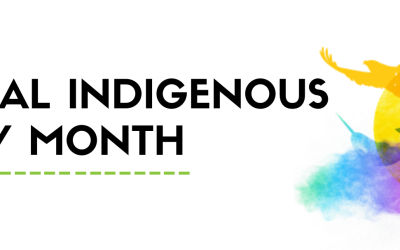The Assembly of First Nations (AFN) responded to Bill C-27, the First Nations Financial Transparency Act, by pointing out how other jurisdictions do not have similar disclosure standards.
Well, this is not an adequate response. Full stop. It does not address the issue of First Nations.
The bill, which is being studied this week, involves mandatory disclosure of an audited annual consolidated financial statement and a separate annual “schedule of remuneration” that details the remuneration (salaries, wages, commissions, bonuses, fees, honoraria, dividends and expenses – including transportation, accommodation, meals, hospitality and incidentals) paid by the First Nation and any entity controlled by the First Nation to its Chief and each of its Councillors.
This financial information would have to be provided to members of the First Nation community upon request within 120 days. The First Nation would be required to publish this information on its website. Aboriginal Affairs would also post the information on its website.
The reason this is necessary is First Nations band members are still expressing concerns over the lack of transparency on many First Nations. Despite all of the complaints about “over reporting,” grassroots members are still making complaints to Aboriginal Affairs. That is a problem that needs addressing now.
In our fifth annual Aboriginal Governance Index, a troubling 26 per cent of our respondents (over 3,000 respondents in three Prairie provinces) felt they could not access basic information on how much their chief and councillors earned.
While more respondents thought they could access this information- which is certainly positive- it concerning when this is not universal.
First Nations should embrace a high level of transparency as this is connected to an improved investment climate. The answer to improved transparency is not to point fingers at what other governments are or aren’t doing, but to embrace a very high level so that indigenous communities can be the envy of Canada in terms of disclosure.


